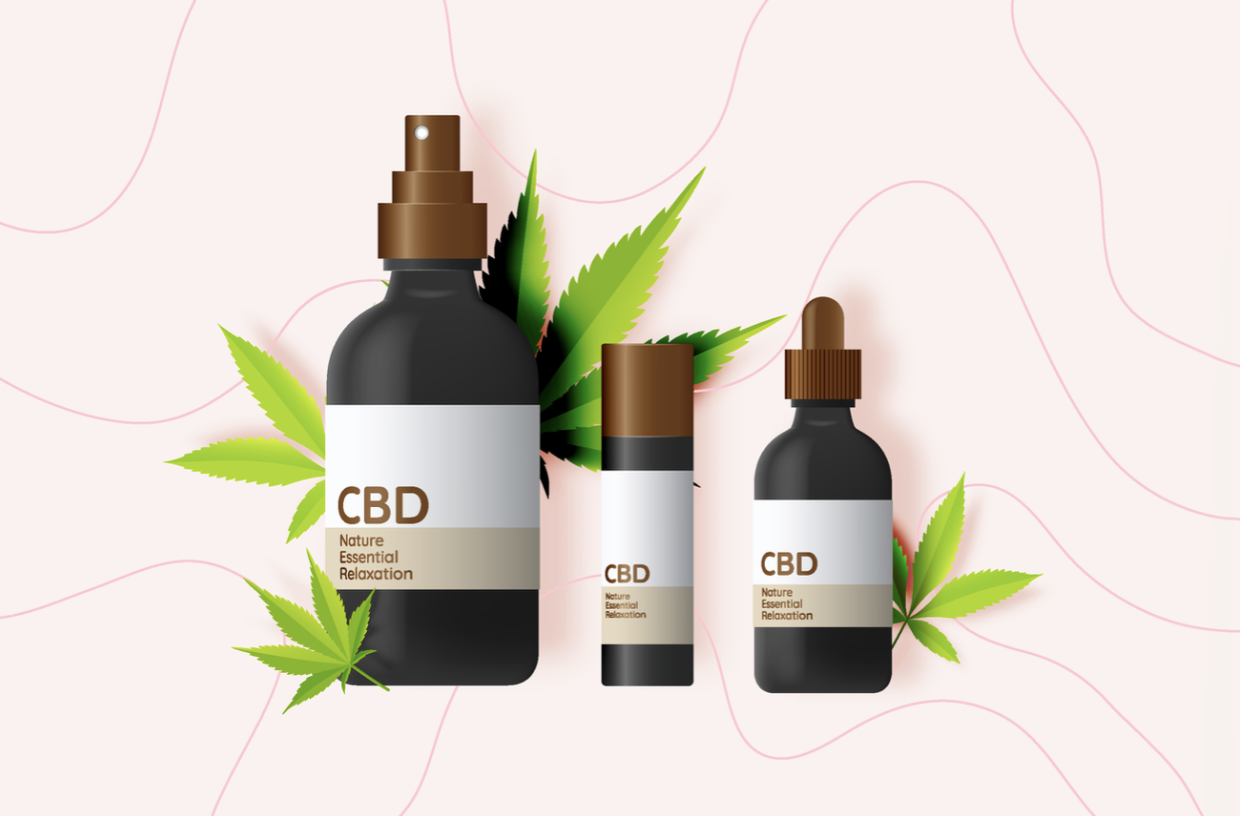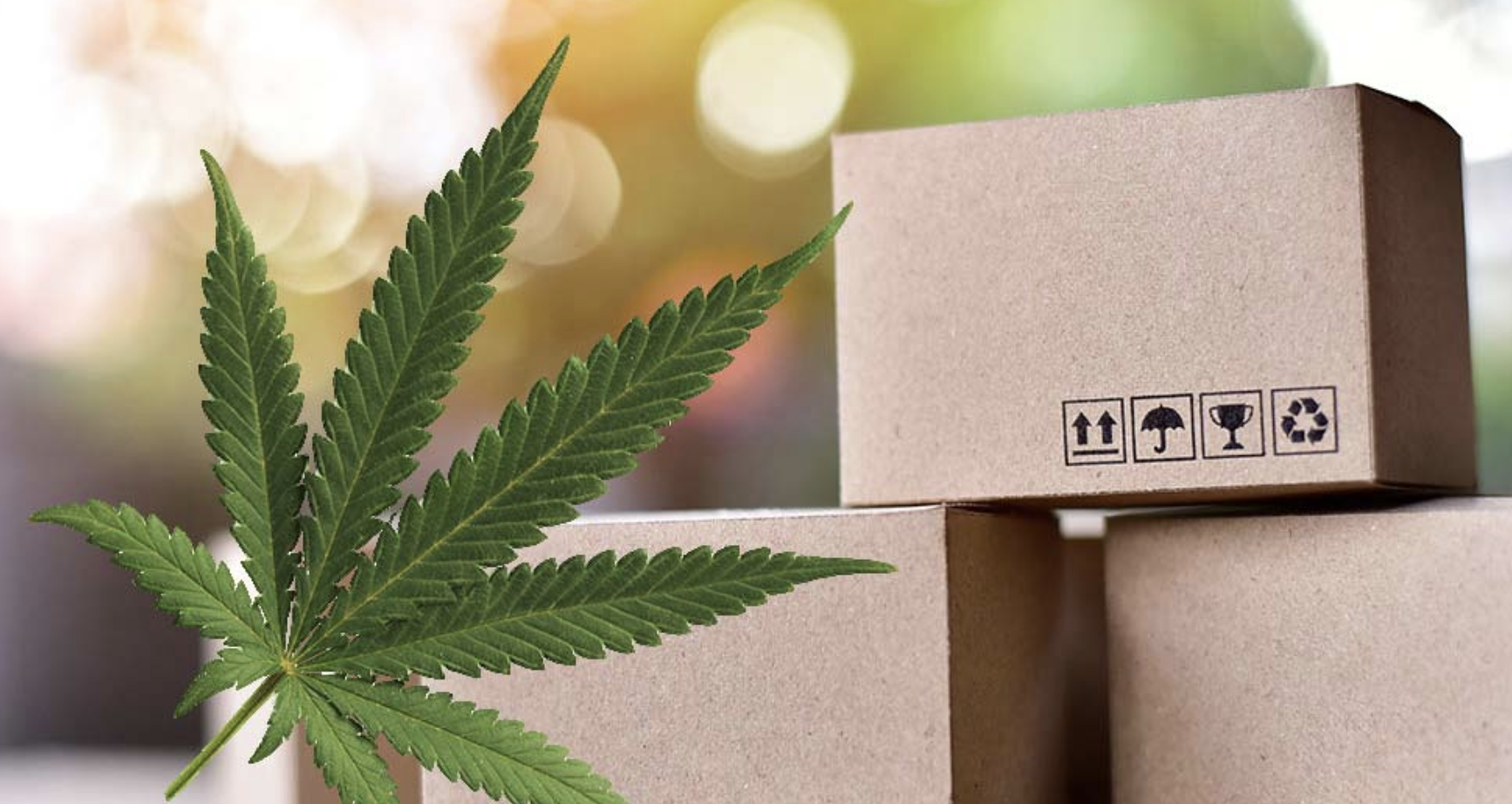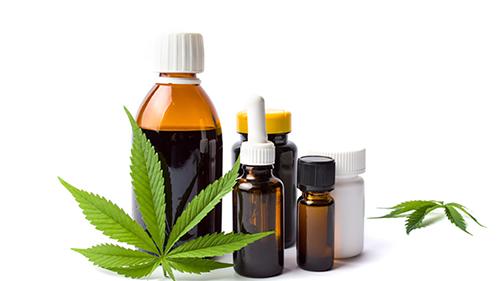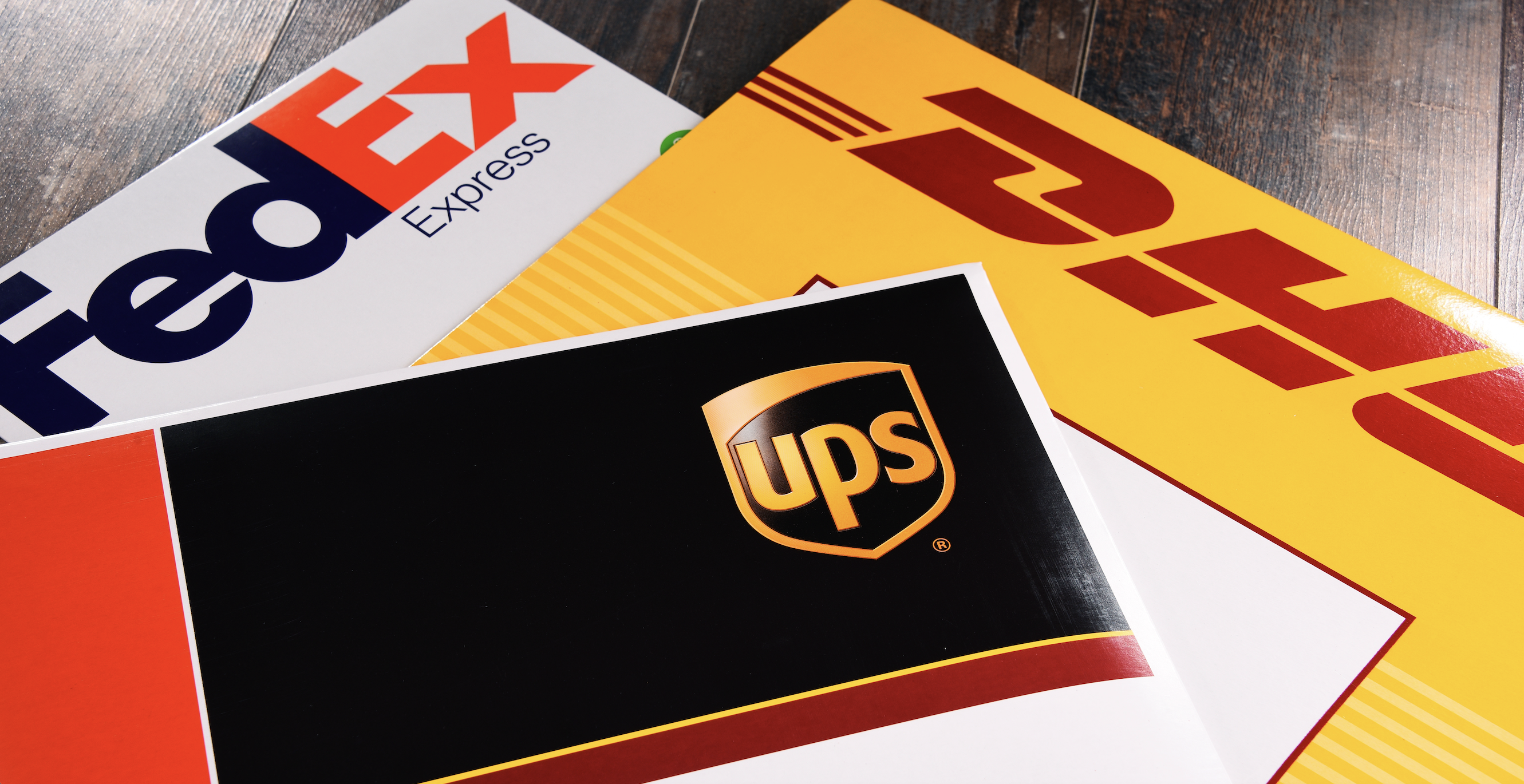Share this
The Ultimate CBD Fulfillment Guide: Part One
by Christie McLeod on May. 19, 2022

Choosing the right partner can make or break your company’s logistics, customer service, and repeat purchases. Using a fulfillment center like Shipfusion frees you from navigating the fulfillment landscape with zero stress. Below are some insights on how Shipfusion can take your business to the next level.
Though it’s currently less than one billion dollars, the CBD industry in the United States is growing at an exponential rate. As new sellers and eCommerce storefronts emerge on the CBD horizon, it’s crucial for business owners and shipping teams to understand the best ways to distribute their products, from manufacturer fulfillment to safe shipping practices.
Many companies assist in the fulfillment and shipping of CBD products, and it’s essential that you choose one with a reliable reputation. As the demand for CBD products continues to grow, so does the need for quality CBD fulfillment services.
In this guide, we’ll discuss:
- An overview of CBD products and industry growth, so you know your shipping restrictions as it pertains to your product
- Legal factors to keep in mind, including shipping requirements
- Choosing a CBD fulfillment center
- Shipping carriers that will ship your CBD products
- What to consider before shipping CBD products
As we conclude, you should have a firm grasp of how to ship your CBD products to comply with regulations and how to ensure you’re choosing the best fulfillment and shipping methods to keep your consumers coming back for more!
CBD Product Overview and Industry Growth
There’s no doubt that CBD products are experiencing a rise to stardom. There are plenty of options for CBD-lovers to choose from dog treats to makeup. Today, there aren’t many places that don’t carry CBD products in some form, and you’ll find them everywhere, including your local supermarket and gas stations.
Projected Growth of the CBD Industry
CBD is experiencing increased legalization and benefits awareness, and it’s not significant retailers alone that are cashing in on the CBD product boom. Local, smaller, brick-and-mortar retailers and plenty of eCommerce stores are also taking advantage.
If you currently own a retail store, whether your storefront is online or on the main street of your town, you should consider stocking CBD products. Here are a few growth statistics to convince you.
In the United States, the CBD market, in its entirety, is expected to reach $20 billion by 2024.
More than 25% of Americans have tried one or more CBD products, and out of that percentage, one out of seven uses a CBD product every day.
In 2019, Statista reported that 49% of consumers had bought CBD products in their local drugstore, while 47% took to the internet to make their purchase.
Based on these recent statistics, you can see how the CBD industry might be something to consider if you haven’t already. Since you’re here, we’re guessing that you have sold CBD products at one point or are preparing to launch an online store specializing in or featuring CBD products.
Breaking into the CBD Industry
Dipping toes in the CBD industry is tempting for pretty much every business owner, which is why you’ll find major clothing retailers like Old Navy stocking CBD-infused lip balm on their cash register counters. However, before you commit to your own CBD business, you have to do your research.
Because CBD is clearly more than just a trend, many regulations come with choosing to sell CBD products. It would be best to familiarize yourself with the legalities and safety protocols for shipping CBD products.
Defining CBD Products
Cannabidiol, known to most of us as CBD, is one of the active components in the cannabis plant. Over the years, many people have hailed CBD to alleviate many medical symptoms, from seizures to anxiety, while eliminating the THC (tetrahydrocannabinol), or the psychoactive compound in cannabis.
Before writing your product descriptions, you should know that the FDA will step in if your CBD-infused product claims to cure, treat or alleviate disease symptoms. Many CBD retailers make the wrong choice here, resulting in the inability to continue selling and possible fines. You can read more about FDA regulations here.
CBD products, also known as “hemp” products, are cannabis-derived products that contain less than 0.03% THC. These products are legal at the federal level in the United States, though you’ll want to check your state regulations as well. There are state-specific laws by which you’ll have to abide.
Ingredient List Regulations
If you plan to sell your CBD products to the public, and we’re assuming you do, you’ve got to comply with regulations pertaining to your ingredient list. Products that include hemp, much like alcohol, have legal limits regarding the number of certain ingredients present within the product.
When talking about CBD products, those quantity limits refer to THC. Some states within the U.S. require the amount of THC present in hemp products to be at 0%, and it’s essential to comply. In reality, your testing practices must be perfect regardless of where you live. As long as the CBD in your hemp products is under 0.03%, it is not considered a federally controlled substance.
NEXT WEEK: Preparing to Stock and Ship CBD Products
Now that we’ve given you a brief overview of the CBD industry and its expected growth and a brief concerning what you can legally distribute, we’ll begin next week to get you ready to stock and ship your CBD products safely. While CBD is legal to ship, there are certain factors you must keep in mind to ensure that you’re complying with the necessary protocol.
Shipfusion sets your business on autopilot and combines flexible, reliable fulfillment with powerful, real-time technology. Shipfusion has multiple fulfillment centers across the US and Canada– making it easy to manage your eCommerce business. For more information on how to set your business on autopilot, contact one of our fulfillment specialists today.
Share this
You May Also Like
These Related Articles

What to Consider Before Shipping CBD Products

CBD eCommerce Fulfillment and Shipping Facts

Find The Right Shipping Carrier For Your CBD Products
- April 2024 (7)
- March 2024 (5)
- February 2024 (5)
- January 2024 (5)
- December 2023 (4)
- November 2023 (2)
- October 2023 (5)
- September 2023 (4)
- August 2023 (2)
- July 2023 (1)
- June 2023 (4)
- May 2023 (1)
- March 2023 (2)
- February 2023 (1)
- October 2022 (1)
- September 2022 (5)
- August 2022 (4)
- July 2022 (7)
- June 2022 (4)
- May 2022 (5)
- April 2022 (7)
- March 2022 (2)
- February 2022 (1)
- January 2022 (3)
- December 2021 (2)
- November 2021 (4)
- October 2021 (2)
- September 2021 (5)
- August 2021 (4)
- July 2021 (5)
- June 2021 (4)
- May 2021 (2)
- April 2021 (3)
- March 2021 (3)
- February 2021 (3)
- January 2021 (2)
- December 2020 (4)
- November 2020 (2)
- October 2020 (4)
- September 2020 (2)
- August 2020 (1)
- July 2020 (6)
- June 2020 (5)
- May 2020 (2)
- April 2020 (2)
- March 2020 (4)
- February 2020 (1)
- December 2019 (1)
- May 2018 (1)
- March 2018 (2)
- February 2018 (3)
- January 2018 (3)
- November 2017 (3)
- July 2017 (4)
- March 2017 (3)
- February 2017 (5)
- January 2017 (3)
- December 2016 (4)
- November 2016 (6)
- October 2016 (6)
- October 2015 (1)
- September 2015 (1)
- June 2015 (3)
- May 2015 (3)
- August 2014 (1)
- July 2014 (1)
- March 2014 (1)
- February 2014 (1)